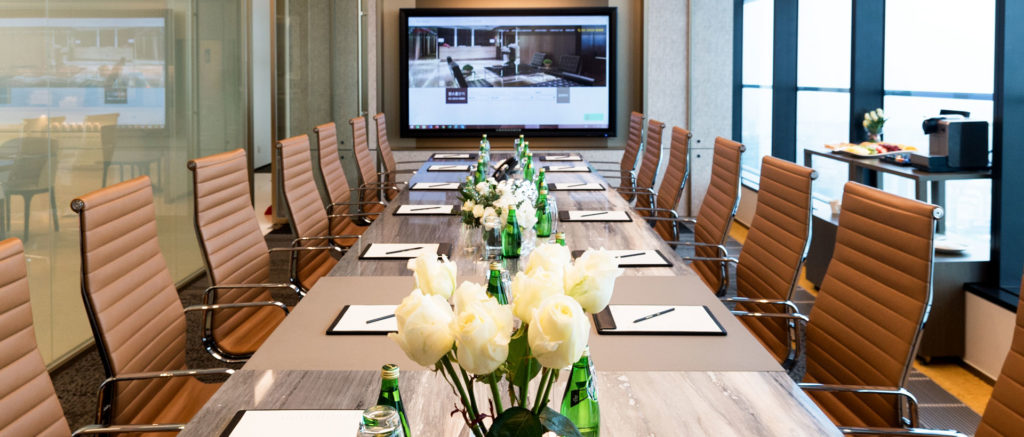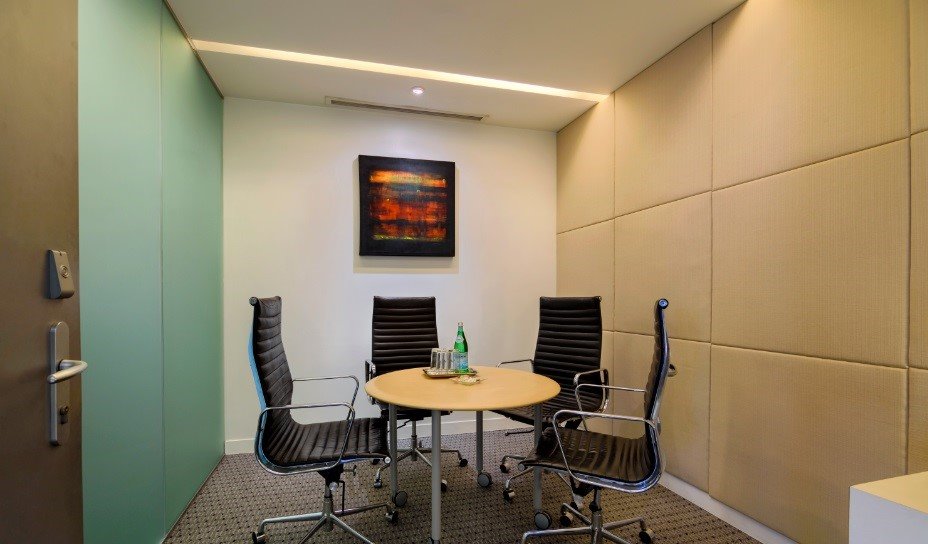7 Time Management Tips for Entrepreneurs
Running a business is a lot like juggling. As an entrepreneur, you’re keeping so many things going at once that you might feel like you don’t have the time to sleep or eat. But we all know that doesn’t work well for long. When you’re tired and stressed, important things get overlooked and the balls come crashing down. So what’s the answer?
Time management techniques can help you get more done in less time. Following a few simple practices, you will see an increase in efficiency. You’ll also become better at making quick decisions on what deserves your time and what can be delegated to someone else. When you follow these simple time management tips for entrepreneurs, you’ll see improvement in all aspects of your life.
- Start your workday with a brief planning session. Time management experts say that whether you take 30 minutes or 5, advance planning for your day will always pay off. You can do this planning while riding to work on the subway, in the mornings before you leave for work, or at the office as soon as you arrive. You can use apps, scheduling software, or a classic paper planner to figure out what you plan to accomplish each day and when you plan to do it.
- Schedule “no interruption” times in your workweek. This way, you can get fully into intensive projects without having to switch gears. Changing from one task to another is a big time waster. One study on work productivity done at the University of California found that it takes an average of 25 and a half minutes to get back to a task after you’ve been interrupted. When you consider how many interruptions a typical workday has, you begin to see where your time is going. Some companies impose a “no meeting” day once a week to allow all employees the benefit of an uninterrupted workday.
- Turn off social media notifications and mute phones for meetings. Keep distractions minimized during your working hours and you’ll find you get much more accomplished. When you’re in meetings, establish a company policy of not checking your smart phone. It’s polite to the speaker, and it’s also good for business. It’s amazing how many meetings get dragged out just because one person wasn’t fully paying attention and ends up needing clarification on an issue later on. Once you establish this policy for all your employees, you’ll notice that meetings are more productive.
- Schedule time for big projects. Many people make the mistake of letting daily demands consume their work day, and then when taxes are due, or a report to the investors needs to be submitted, it’s panic time and they pull all-nighters to get it done in time. Instead of running in crisis mode, put aside a few hours every week to devote to these larger projects. If you don’t think you can carve out the time in your regular work day, commit to starting work a few hours early one or two days a week until you have the project completed, or plan to work late once a week.
- Hold shorter meetings. If your staff meetings are regularly going over 45 minutes, they’re too long. Client meetings may need to be longer, but meetings with your team should be short and to the point. If meetings are going over time, consider breaking up the meeting and meeting with a few people individually. Small weekly team meetings are generally more productive than large company-wide meetings. You can track how much your meetings are costing your company with a meeting cost calculator.
- Delegate ahead of time. Plan which tasks you can have someone else do (such as arranging catering for an upcoming meeting, or providing translation services). Whenever possible, avoid the much-hated “last minute request” that sends secretaries and staff running all over town to take care of something you didn’t end up having time for. This wastes their time and adds undue stress to the work environment.
- Work remotely to minimize office distractions. Many highly sociable people find that working from home a few days a week increases work productivity. A recent work productivity study performed by Ctrip, a 16,000- employee, NASDAQ-listed Chinese travel agency, found that employees who worked from home had a 13% performance increase over employees working in the call centre.
By following these tips from CEO SUITE, you’ll be on track to getting the most important things done every day. You can arrange for on-demand conference rooms, administrative support, catering, and more through our highly trained team at CEO SUITE’s serviced office locations. Contact us to find out how our staff can help your business run more efficiently. Like these tips? Check back in a few weeks for more time management tips for entrepreneurs.
Feb 11, 2015




 Bahasa
Bahasa
 日本語
日本語
 한국어
한국어
 ไทย
ไทย
 tiếng Việt
tiếng Việt
 中文
中文







